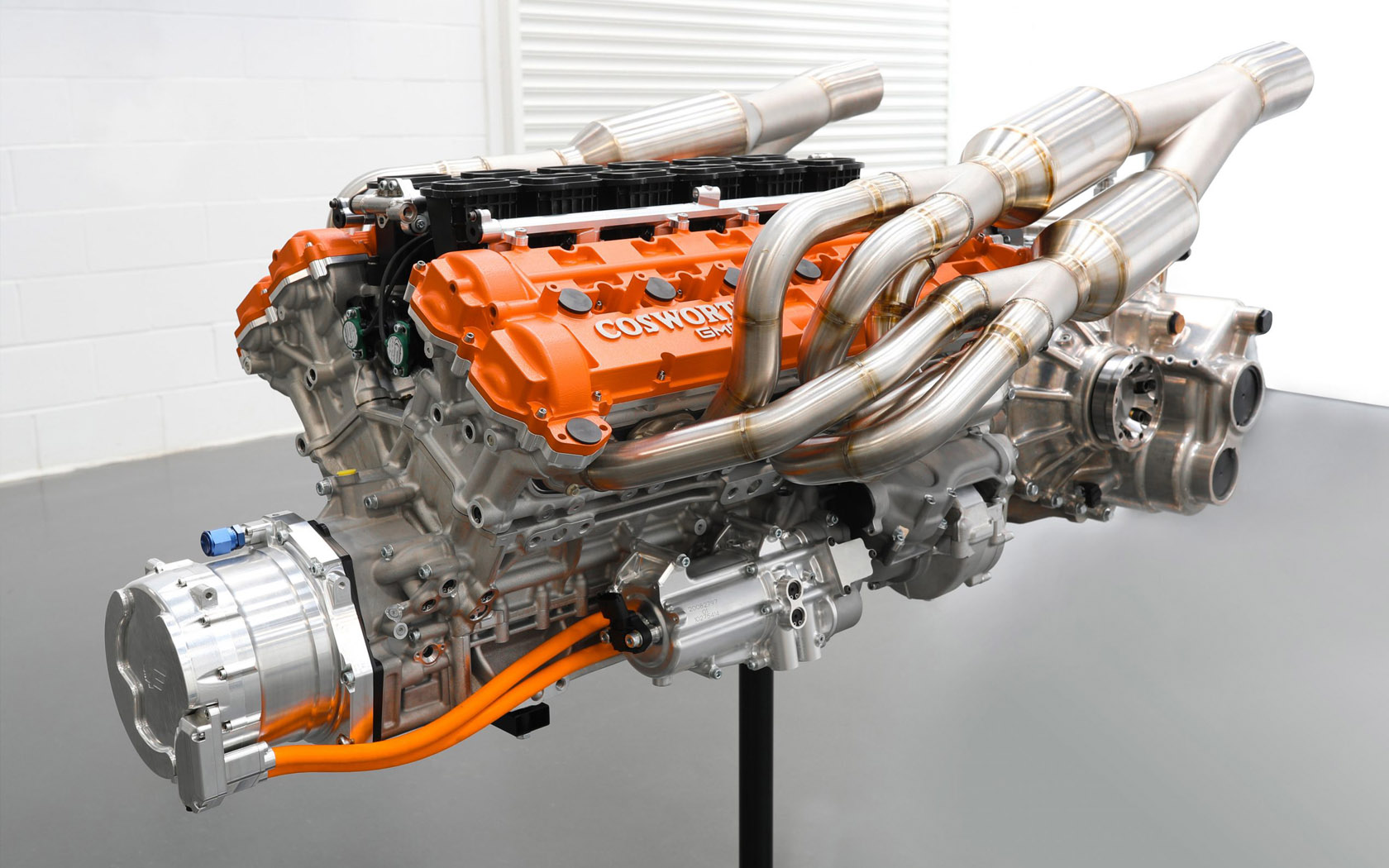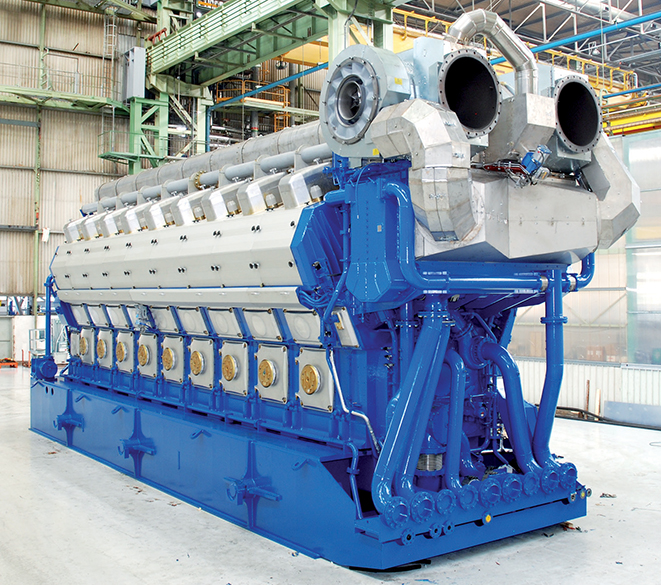Get the Perfect Fit with Engines For Africa's Diverse Choice
Get the Perfect Fit with Engines For Africa's Diverse Choice
Blog Article
Discover a Variety of Engines for Every Car and Purpose
The vehicle landscape is increasingly complex, with a varied range of engine kinds developed to meet details performance and performance needs across numerous automobile classifications. Furthermore, heavy-duty engines offer the requirements of job lorries, while eco-friendly choices are gaining traction in the search of lasting transportation.
Types of Automotive Engines
Automotive engines can be classified into numerous distinct types, each developed to fulfill particular efficiency and efficiency needs. One of the most typical groups include inner combustion engines, electric engines, and crossbreed systems.

Electric engines, on the various other hand, operate on electric power saved in batteries, giving instantaneous torque and zero exhausts. These engines are becoming significantly preferred as a result of innovations in battery innovation and the expanding emphasis on sustainability.
Crossbreed systems incorporate both internal burning and electric engines, enabling automobiles to maximize fuel performance and decrease emissions by seamlessly switching between source of power. Each engine type provides its drawbacks and benefits, affecting variables such as vehicle layout, intended use, and market demand. When selecting the suitable engine for their particular requirements., recognizing these distinctions is important for customers and makers alike.
Efficiency Engines for Sports Cars
Efficiency engines for sporting activities cars are particularly crafted to deliver enhanced power, rate, and dexterity, establishing them apart from basic automobile engines. These engines commonly make use of advanced technologies such as turbocharging, turbo charging, and variable shutoff timing to optimize performance and responsiveness.
Typically, efficiency engines are made with greater compression proportions, which permit for higher energy extraction from fuel. This causes outstanding horsepower and torque figures, making it possible for quick velocity and higher full throttle. Furthermore, the light-weight products used in these engines, such as light weight aluminum and carbon fiber, add to minimized overall vehicle weight, enhancing handling and maneuverability.
Engine setups like V6, V8, and also hybrid systems prevail in performance cars, each offering distinct advantages in terms of power distribution and driving characteristics. The adjusting of these engines is also critical; lots of manufacturers maximize the engine management systems to supply an exciting driving experience, often including sporting activity modes that readjust throttle response and gear changes.
Efficient Engines for Daily Commuters
In the realm of day-to-day commuting, efficient engines play a crucial function in maximizing fuel economic situation and reducing emissions while giving reputable efficiency. As city populations grow and ecological concerns heighten, the demand for automobiles equipped with effective powertrains has risen.
Modern engines created for everyday travelers frequently incorporate innovations such as turbocharging, straight gas shot, and crossbreed systems. Turbocharging enhances engine effectiveness forcibly even more air into the burning chamber, enabling smaller sized, lighter engines that do not endanger power result. Straight fuel shot boosts gas atomization, bring about better burning and raised efficiency.
Hybrid engines, combining interior burning with electrical power, more boost gas economy, particularly in stop-and-go traffic, where conventional engines can experience inadequacies. Electric electric motors aid throughout velocity and can operate individually at reduced rates, minimizing general gas consumption.
Moreover, developments in engine management systems and lightweight materials contribute considerably to efficient engine design. By concentrating on performance, sturdiness, and environmental sustainability, manufacturers continue to deliver engines that not only fulfill the needs of everyday commuting however also align with international initiatives to minimize carbon impacts.
Heavy-Duty Engines for Work Vehicles
Sturdy engines for job automobiles are routinely crafted to provide outstanding torque and integrity under demanding conditions. These engines are made to execute in settings where conventional engines may fail, such as construction websites, logging operations, and farming settings. The primary emphasis of durable engines is their capability to create high levels of power while preserving sturdiness over extended durations of operation.
Generally, sturdy engines use innovative products and durable construction methods to withstand the rigors of heavy workloads. Attributes such as strengthened cyndrical tube blocks, enhanced air conditioning systems, and advanced fuel shot technologies add to their effectiveness. These engines usually operate at reduced RPMs, which helps to optimize fuel performance while providing the needed power for hauling and pulling.
In enhancement to mechanical toughness, heavy-duty engines are commonly geared up with innovative digital control systems (ECUs) that take care of click this link performance, discharges, and diagnostics. This combination permits for better surveillance and upkeep, making certain that job vehicles remain efficient and functional.
Ultimately, durable engines are an essential component in the productivity of different markets, supplying the essential power and integrity to take on the hardest of jobs.
Eco-Friendly Engine Options
The expanding focus on sustainability has led to the development of green engine alternatives that focus on decreased discharges and enhanced fuel effectiveness. These engines are developed to lessen the ecological impact of vehicles while still delivering the performance and reliability anticipated by customers.
Amongst one of the most significant environment-friendly choices are electric and look at this website hybrid engines. Crossbreed engines incorporate typical inner combustion engines with electric propulsion, enabling lowered gas intake and lower greenhouse gas exhausts. Electric engines, on the various other hand, run completely on battery power, creating zero tailpipe emissions and contributing to cleaner air top quality.
An additional appealing growth is the development of biofuel engines, which utilize renewable sources, such as plant materials, to power vehicles (Engines For Africa). By utilizing biofuels, these engines can decrease dependency on nonrenewable fuel sources and lower overall carbon footprints

As the auto sector evolves, environment-friendly engine alternatives will play an important function in driving the transition in the direction of more lasting transport options.
Final Thought
From high-performance engines that enhance sporting activities automobile capacities to efficient models prioritizing gas economic situation for daily commuters, each type serves a specific feature. Sturdy engines provide to durable work lorries, while environment-friendly alternatives, such as electrical and biofuel engines, advertise sustainable transport.

Report this page